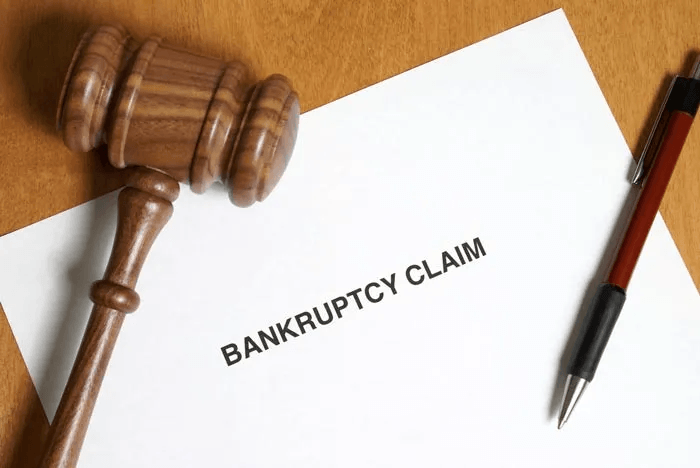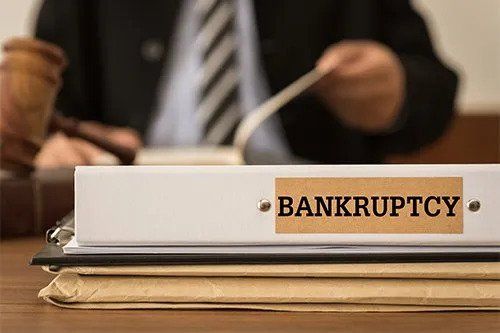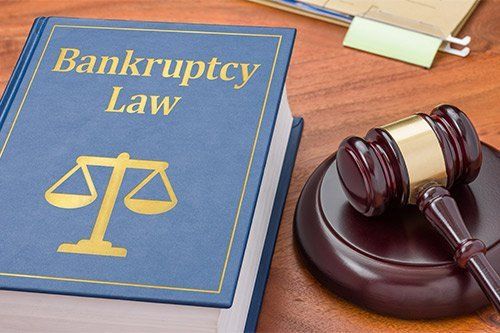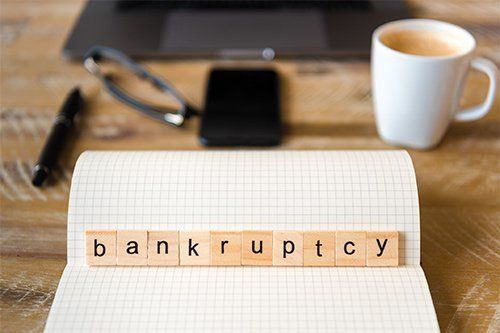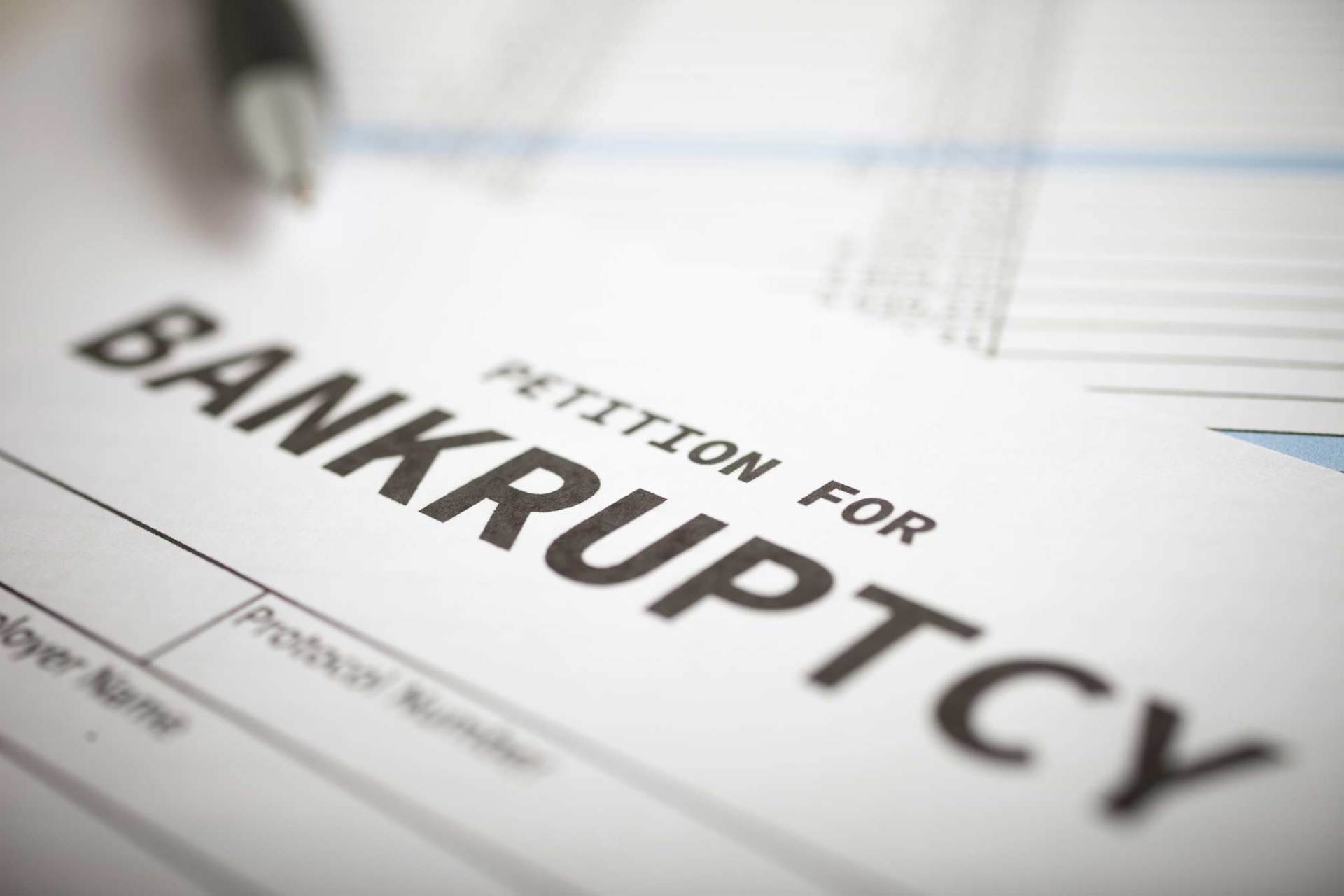Why File For Chapter 7 Bankruptcy

If you are a debtor and considering filing for bankruptcy, one option might be better than the other. Chapter 7 bankruptcy
has advantages over Chapter 13 bankruptcy, but you would have to be eligible for it. Chapter 7 is quicker and allows you to keep most, if not all, of your property. See the list of benefits below:
A Fresh Start
You can emerge without debt, except for mortgage loans, car payments, student loans, taxes and unpaid child support and alimony. Debts are discharged within three to six months, and the bankruptcy court will close the case. There is no repayment plan in Chapter 7, while there is one in Chapter 13. There is also no limitation on the amount of debt you can have.
Keeping Future Income
Any income or property acquired after filing for Chapter 7 is yours to keep. However, certain property acquired within 180 days of filing does become part of the bankruptcy estate. That includes inherited property, life insurance policy proceeds, death benefits or property from a divorce settlement agreement.
If you are at the point where it’s in your best interest to file for bankruptcy, weigh your options between filing for Chapter 7 or Chapter 13. Call McMaster Law Firm, LLC to learn more about the benefits of filing Chapter 7.


